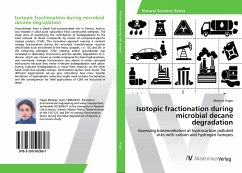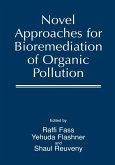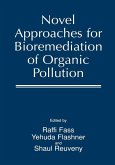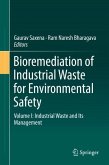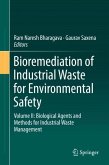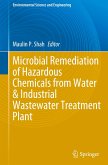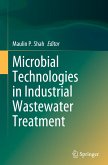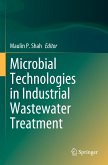Groundwater from a diesel fuel-contaminated site in Vienna, Austria, was treated in pilot-scale subsurface flow constructed wetlands. The study aims at quantifying the contribution of biodegradation to the total removal of diesel compounds by means of compound-specific isotope analysis (CSIA). This innovative approach requires a constant isotope fractionation during the microbial transformation reaction which leads to an enrichment of the heavy isotopes, i. e. 13C and 2H, in the remaining pollutant. Filter material and/or groundwater was incubated in laboratory microcosms and the aerobic degradation of n-decane, which was chosen as model compound for diesel hydrocarbons, was monitored. Isotope fractionation was absent in water saturated microcosms because only minor n-decane biodegradation took place. During n-decane biodegradation in moist filter material, on the other hand, small but variable isotopic fractionation factors were found. The different experimental set-ups give indications how mass transfer limitations of hydrophobic molecules might mask isotopic fractionation and the consequences for field applications of CSIA are discussed in detail.
Bitte wählen Sie Ihr Anliegen aus.
Rechnungen
Retourenschein anfordern
Bestellstatus
Storno

